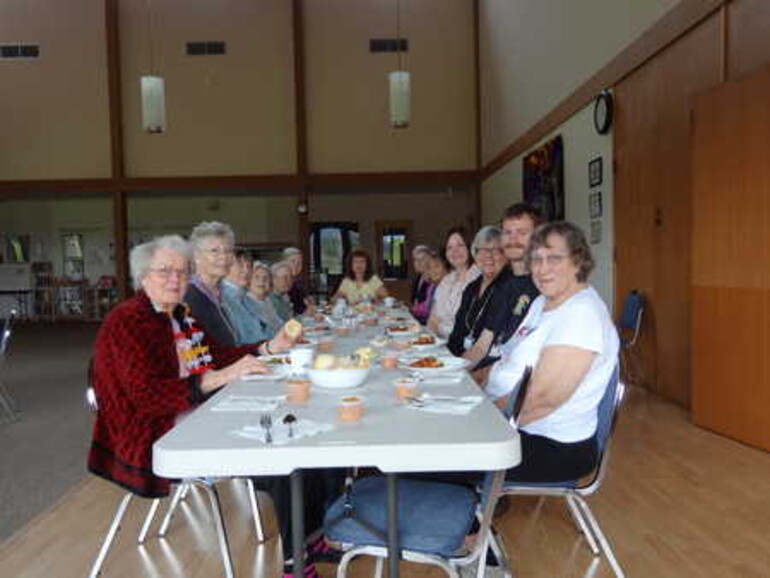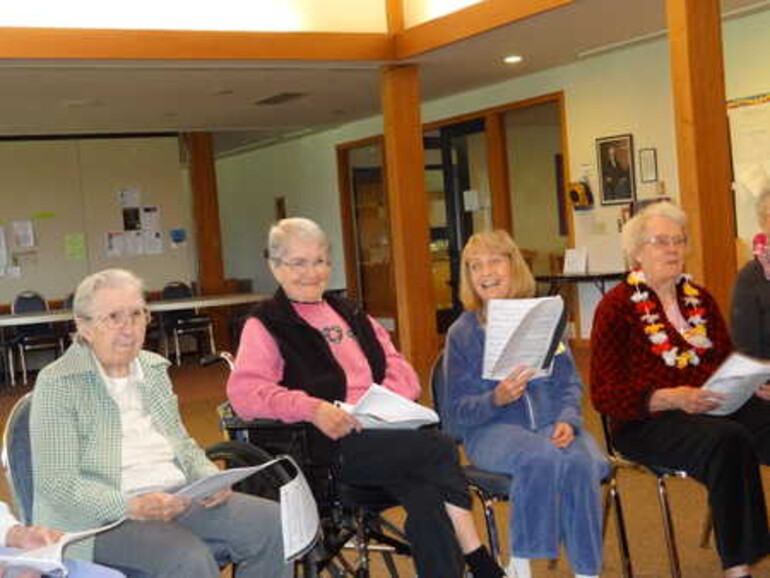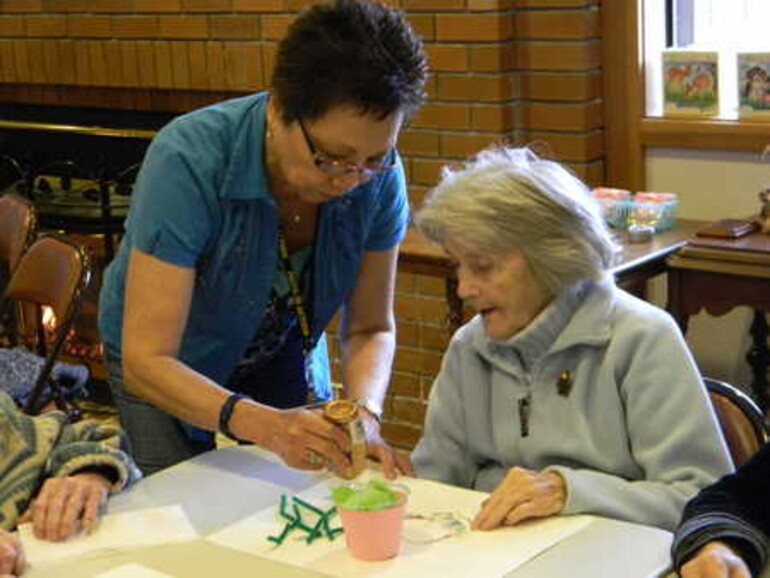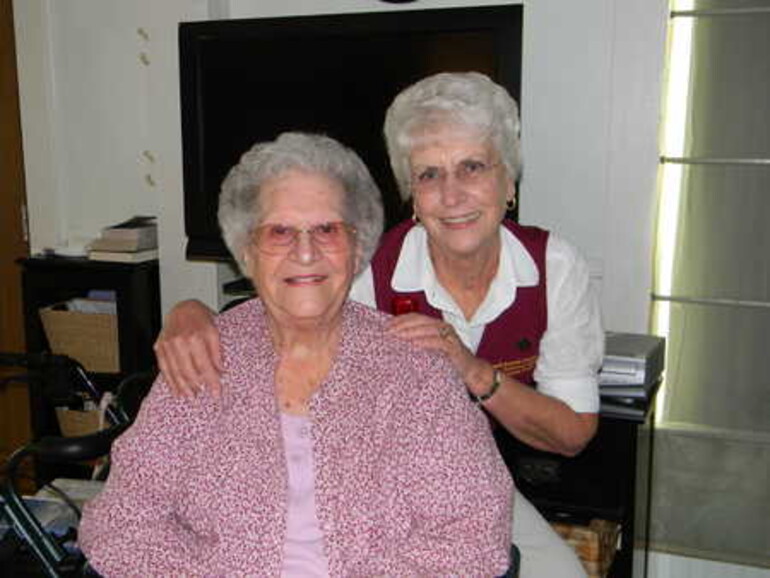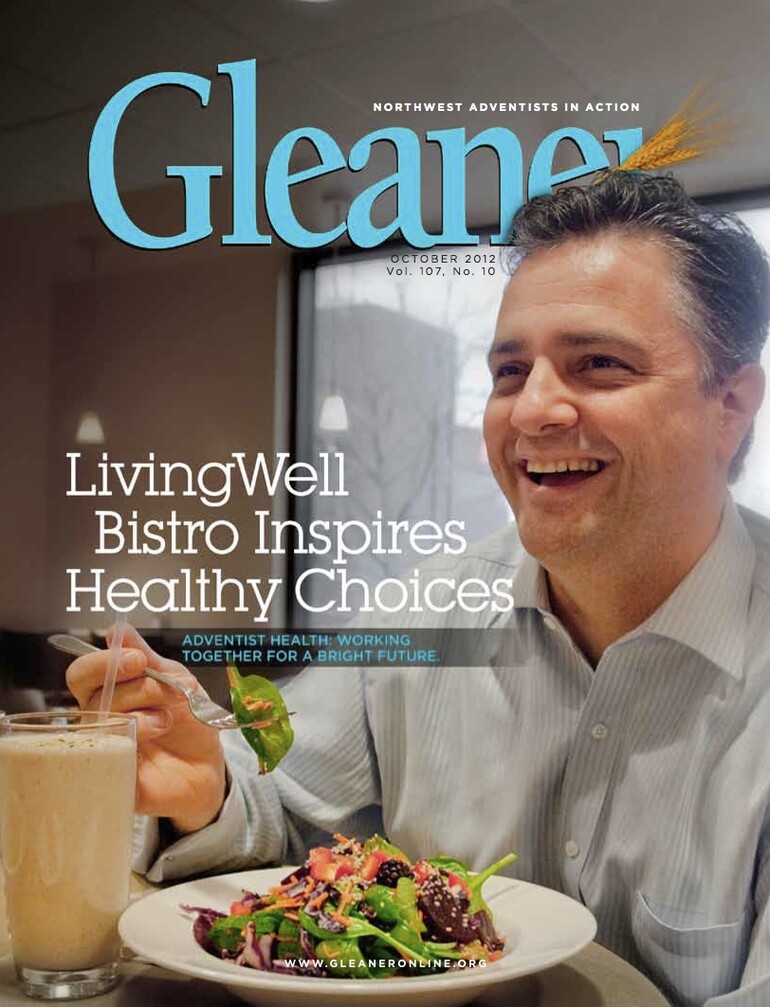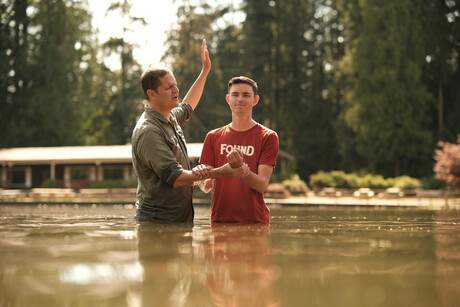A holistic approach to ministry has been the hallmark of the Adventist Church since its very beginning. Human beings are complex creations of God. In order to minister to human need effectively, we must consider the whole person — mind, body and spirit. Adventist Health takes a great deal of pride in our Seventh-day Adventist heritage. For more than 150 years this whole-person approach has guided our growth and has been the staple of our mission to "Share God's Love."
Ellen White said, "We have an individual accountability to God, an individual work which no one else can do for us. It is to make the world better …" (My Life Today, p. 212). While each of us must be convicted of this responsibility individually, it is through collaboration that the world is truly changed. As a church, we have been very effective at combining individual passion and collective effort by developing ministries that focus on the whole person: education (mind), health care (body) and the local church (spirit).
Through the years, however, as these viably relevant ministries have grown in individual complexity, a new challenge has emerged — how to work effectively together. Meeting this challenge has never been more important. More than any other time in history, our communities and the world are hungering for our message of wholeness. It takes creativity, innovation and the realization that we are more effective together than apart. We are all working to achieve the same goal: reveal the love of Jesus, our source of salvation.
Partnering With Students at Walla Walla General Hospital
Andrew Abbott, a Walla Walla University senior, interned last summer at Walla Walla General Hospital's chaplaincy department, headed by Mario DeLise, the hospital's spiritual care director. According to DeLise, the spiritual care internship is a chance for students interested in ministry to get hands-on experience in the hospital.
"It’s a chance for students to understand and get the feel for hospital visits and working with people of different faiths," says DeLise. "It provides great experience and helps the student know whether [he or she] would like to pursue chaplaincy in the future."
The year-long or summer-long internship (depending on which track the student chooses) is comprised of mostly patient visits and one-on-one coaching sessions with DeLise to improve listening and communication skills.
"I decided to apply for the internship because I wanted specific mentoring in the area of visitation and counseling," explains Abbott. "These two areas of ministry draw upon many different skills including reflective listening, supportive presence and effectively intervening when the patient's emotional and spiritual situation calls for it. All of these abilities came into play during the internship, and I felt myself gaining a greater depth, focus and proficiency as a minister-in-training."
The internship brings together two Adventist organizations in the Walla Walla, Wash., area to provide meaningful experience for the student and a spiritual outlet for the patient. Often patients are going through a very difficult time, and a caring individual willing to listen can change their entire outlook. As for the student, whether he or she chooses to become a chaplain or a pastor, the visits provide experience in an essential area of ministry.
"Listening attentively and carefully following the conversation, catching a glimpse of the patient's view of the world, can take focus and discipline," says Abbott. "But it is a very rewarding experience that not only lends spiritual support to the patient, but also helps the chaplain grow spiritually as well."
Congregations Come Together to Offer Relief
Faith in Action (FIA) is a volunteer program serving the chronically ill, disabled and elderly in Oregon's Tillamook County through Adventist Health's Tillamook County General Hospital. But FIA wouldn't be possible without the 18 local churches that support it. Many faiths are represented, including Seventh-day Adventist, Nazarene and Catholic, but all come together for the same worthy cause. These churches provide funding, volunteers and use of their buildings, all for the sake of FIA.
"Our volunteers are faith-based people who want to lend a hand," says Mollie Reding, FIA volunteer coordinator. "Whether offering respite care for a caregiver, running errands, offering rides, doing odd jobs or just conducting a friendly visit, these volunteers are making a positive difference in many lives."
WellSpring is a branch of FIA that offers respite care for caregivers who spend most or all of their time caring for a loved one. Through WellSpring, four area churches offer two adult daycares a week, allowing caregivers to get relief, while the receiver of the care engages in outside stimulation through music, games and fellowship. This wonderful service would not be available without the churches that provide the space in their buildings for the daycare.





